Grade 13 - Electives
Advanced Algebra with Financial Applications (Credit: 0.50)This course walks students through the information needed to
make the best decisions with money. Advanced Algebra with
Financial Applications is an advanced course incorporating
real-world applications, collaboration, and calculations using
technology. Students learn the formulas used to determine
account balances, monthly payments, total costs, and more.
They examine budgeting, spending, saving, investment, and
retirement. Students explore mortgages and other debt
structures and how to make good decisions about borrowing
money. This knowledge will propel students into the future
with a good foundation on how to handle finances.
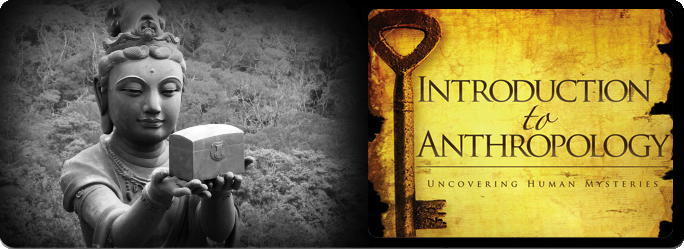
Anthropology I: Uncovering Human Mysteries (Credit: 1.00)The aim of anthropology is to use a broad approach to gain an understanding of our past, present and future, and in addition address the problems humans face in biological, social and cultural life. This course will explore the evolution, similarity and diversity of humankind through time. It will look at how we have evolved from a biologically and culturally weak species to one that has the ability to cause catastrophic change. Exciting online videos journeys to different areas of the anthropological world are just one of the powerful learning tools utilized in this course.

Anthropology II: More Human Mysteries Uncovered (Credit: 1.00)Anthropology has helped us better understand cultures around the world and through different time period. This course continues the study of global cultures and the ways that humans have made sense of their world. We will examine some of the ways that cultures have meaning to different stages of life and death. The course will also examine the creation of art within cultures and examine how cultures evolved and change over time. Finally, we will apply the concepts and insight learned from the study of anthropology to several cultures found in the world today.
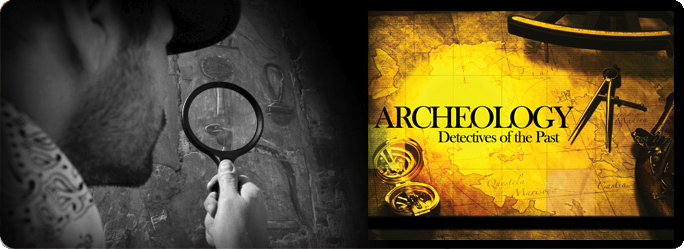
Archaeology: Detectives of the Past (Credit: 1.00)George Santayana once said, "Those who cannot remember the past are condemned to repeat it. The field of archeology helps us to better understand the events and society of the past that have helped to shape our modern world. This course focuses on this techniques, methods, and theories that guide the study of the past. Student will learn how archaeology research is conducted and interpreted, as well as how artifacts are located and preserved. Finally, students will learn about the relationship of material items to culture and what we can learn about past society from these items.

Astronomy: Exploring the Universe (Credit: 1.00)Why do stars twinkle? Is it possible to fall into a black hole? Will the sun ever stop shinning? Since the first glimpse of the night sky, humans have been fascinated with the stars, planets, and the universe that surrounds us. This course will introduce students to the study of astronomy, including its history and development, basic scientific laws of motion and gravity, the concepts of modern astronomy, and the universe. Additional topics include solar system, the Milky Way and the galaxies, and the sun and stars. Using online tools, students will examine the life cycle of stars, the properties of planets, and the exploration of space.
Cosmetology: Cutting Edge Styles (Credit: 1.00)Interested in a career in cosmetology? This course provides an introduction to the basics of cosmetology. Students will explore career options in the field of cosmetology, learn about the common equipment and technologies used by cosmetologists, and examine the skills and characteristics that make someone a good cosmetologist. Students will also learn more about some of the common techniques used in caring for hair, nails, and skin in salons, spas, and other cosmetology related businesses.
Creative Writing I (Credit: 1.00)For many hundreds of years, literature has been one of the most important human art forms. It allows us to give voice to our emotions, create imaginary worlds, express ideas, and escape the confines of material reality. Through creative writing, we can come to understand ourselves and our world a little bit better. This course provides students with solid grounding in the writing process, from finding inspiration to building a basic story to using complicated literary techniques and creative strange hybrid forms of poetic prose and prose poetry. By the end of this course, students will learn how to discover their creative thoughts and turn those ideas into fully realized pieces of creative writing.
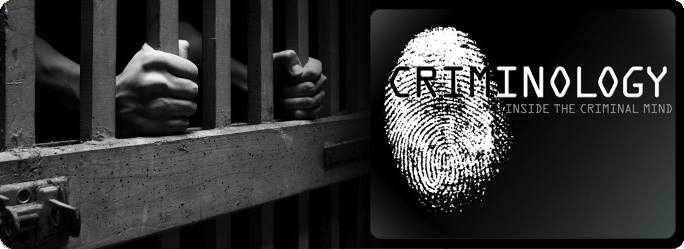
Criminology: Inside the Criminal Mind (Credit: 1.00)In today's world, crime and deviant behavior rank at or near the top of many people's concerns. In this course, we will study the field of Criminology-the study of crime. We will look at possible explanations for crime from the standpoint of psychological, biological and sociological perspectives, explore the categories and social consequences of crime, and investigate how the criminal justice system handles not only criminals, but also their misdeeds. Why do some individuals commit crimes why others do not? What aspects in our culture and society promote crime and deviance? Why are different punishments given for the same crime? What factors-from arrest to punishment-helps shape the criminal case process?
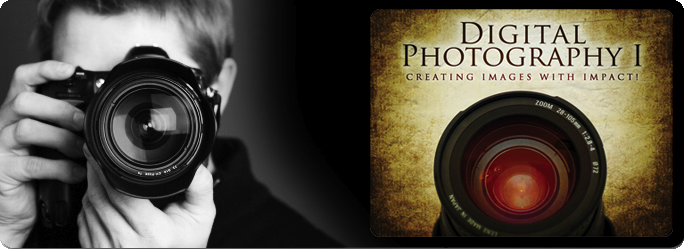
Digital Photography I: Creating images with Impact (Credit: 1.00)Have you ever wondered how photographers take such great pictures? Have you tried to take photographs and wondered why they didn't seem to capture that moment that you saw with your eyes? The Digital Photography I course focuses on the basics of photography, including building an understanding of aperture, shutter speed, lighting, and composition. Students will be introduced to the history of photography and basic camera functions. Student will use the basic techniques of composition and camera functions to build a portfolio of images, capturing people, landscapes, close-up, and action photographs.
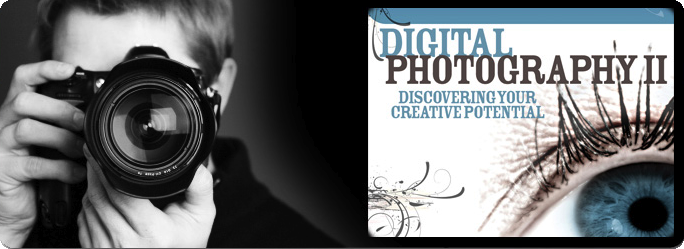
Digital Photography II: Discovering Your Creative Potential (Credit: 1.00)In today's world, photographs are all around us, including in advertisements, on websites, and hung on our walls as art. Many of the images that we see have been created by professional photographers. In this course, we will examine various aspects of professional photography, including the ethics of the profession, and examine some of the areas that professional photographers may choose to specialize in, such as wedding photography and product photography. We will also learn more about some of the most respected professional photographers in history, and we will learn how to critique photographs in order to better understand what creates an eye-catching photograph.
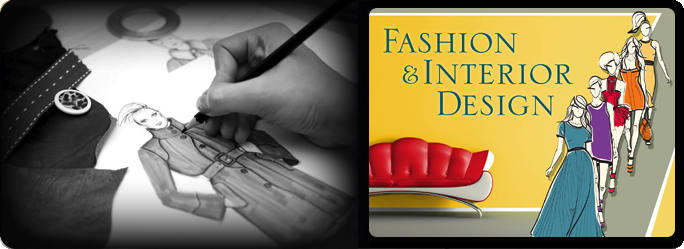
Fashion & Interior Design (Credit: 1.00)In this course, students explore what it is like to work in the industry by exploring career possibilities and the background needed to pursue them. Students will learn the basics of color and design then test their skills through hands-on projects. In addition, they'll develop the essential communication skills that build success in any business. By the end of the course, students be well on their way to developing the portfolio they need to get their stylishly clad foot in the door of this exciting field.
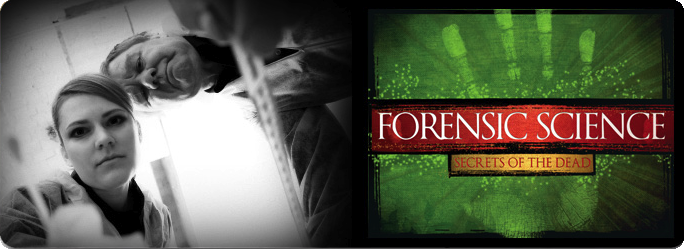
Forensic Science I: Secrets of the Dead (Credit: 1.00)Fingerprints. Blood spatter. DNA analysis. The world of law enforcement is increasingly making use of the techniques and knowledge from the sciences to better understand the crimes that are committed and to catch those individuals responsible for the crimes. Forensic science applies scientific knowledge to the criminal justice system. This course focuses on some of the techniques and practices used by forensic scientists during a crime scene investigation (CSI). Starting with how clues and data are recorded and preserved, the student will follow evidence trails until the CSI goes to trial, examining how various elements of the crime scene are analyzed and processed.
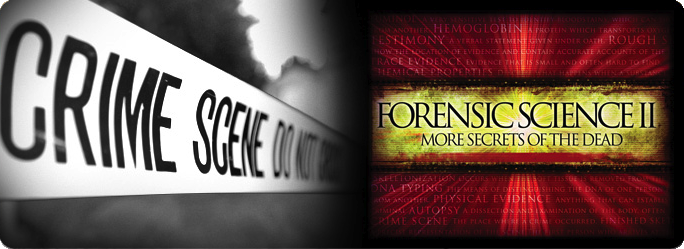
Forensic Science II: More Secrets of the Dead (Credit: 1.00)Although the crime scene represents the first step in solving crimes through forensic science, the crime laboratory plays a critical role in the analysis of evidence. This course focuses on the analysis of evidence and testing that takes place within this setting. We will examine some of the basic scientific principles and knowledge that guides forensic laboratory processes, such as those testing DNA, toxicology, and material analysis. Techniques such as microscopy, chromatography, odontology, entomology, mineralogy, and spectroscopy will be examined.
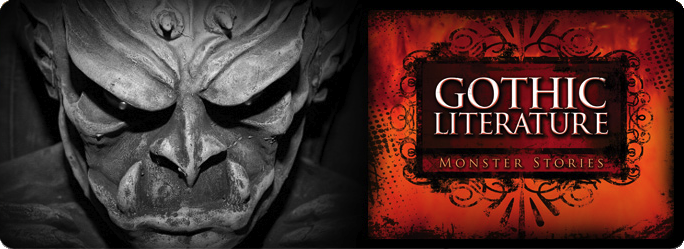
Gothic Literature: Monster Stories (Credit: 1.00)From vampires to ghosts, these frightening stories have influenced fiction writers since the 18th century. This course will focus on the major themes found in Gothic literature and demonstrate how the core writing drivers produce, for the reader, a thrilling psychological environment. Terror versus horror, the influence of the supernatural, and descriptions of the difference between good and evil are just a few of the themes presented. By the time students have completed this course, they will have gained an understanding of and an appreciation for the complex nature of dark fiction.
Health Science (Credit: 1.00)Will we ever find a cure for cancer? What treatments are best for conditions like diabetes and asthma? How are illnesses like meningitis, tuberculosis, and the measles identified and diagnosed? Health sciences provide the answers to questions such as these. In this course, students will be introduced to the various disciplines within the health sciences, including toxicology, clinical medicine, and biotechnology. They will explore the importance of diagnostics and research in the identification and treatment of diseases. The course presents information and terminology for the health sciences and examines the contributions of different health science areas.
Health Science II (Credit: 1.00)Health Science II is designed to further the student’s understanding of the health care workplace, including patient and caregiver interactions and how various members of the health care team work together to create an ethical, functional and compassionate environment for patients
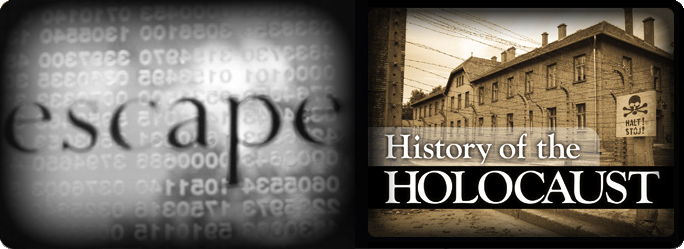
History of the Holocaust (Credit: 1.00)Holocaust education requires a comprehensive study of not only times, dates, and places, but also the motivation and ideology that allowed these events. In this course, students will study the history of anti-Semitism; the rise of the Nazi party; and the Holocaust, from its beginnings through liberation and the aftermath of the tragedy. The study of the Holocaust is a multi-disciplinary one, integrating world history, geography, American history, and civics. Through this in-depth, semester-long study of the Holocaust, high school students will gain an understanding of the ramifications of prejudice and indifference, the potential for government-supported terror, and they will get glimpses of kindness and humanity in the worst of times.
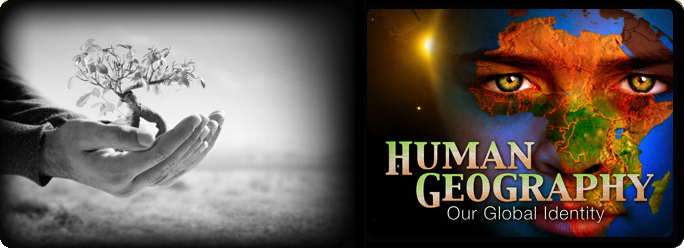
Human Geography: Our Global Identity (Credit: 1.00)How do language, religion, and landscape affect the physical environment? How do geography, weather, and location affect customs and lifestyle? Students will explore the diverse ways in which people affect the world around them and how they are affected by their surroundings. Students will discover how ideas spread and cultures form, and learn how beliefs and architecture are part of a larger culture complex. In addition to introducing students to the field of Human Geography, this course will teach students how to analyze humans and their environments.
Introduction Astronomy (Credit: 1.00)Students explore a broad range of astronomy topics, including the planetary system, stars, galaxies, and the universe. Students also learn about the scientific method and the evolution of scientific ideas.
Introduction to Business (Credit: 1.00)Students explore business in global society, learning terminology, concepts, systems, strategies, and current issues. Topics include business environment, ethics, entrepreneurship and global business, management, marketing, production, information systems, and financial elements
Introduction to Communication (Credit: 1.00)The student will examine the communication process,
including elements of listening and verbal and nonverbal
communication. The course also explores how these
communication elements operate between self, individuals,
and groups. Communication concepts and skills are explored
through a variety of methods and activities.
Introduction to Women's Studies (Credit: 1.00)This course, although looking specifically at the experiences of
women, is not for girls only. If you are a student interested in
exploring the world through film, and are open-minded enough
to be interested in social change, then this course is for you.
Introductory Astronomy (Credit: 0.50)Students explore a broad range of astronomy topics, including
the planetary system, stars, galaxies, and the universe.
Students also learn about the scientific method and the
evolution of scientific ideas.
Journalism (Credit: 1.00)As students work through each module, they will utilize Web 2.0 tools to respond to current news and shifts in journalism, create original projects, and reflect upon the changing face of news. Authentic assessments, interactive examples, and self-checks will deepen their understanding of the topics covered and prepare them for work or further study in the field of journalism.
Life Management Skills (Credit: 0.50)This course guides students as they deal with important decisions by providing them with the facts they need. Student will learn how to deal with real issues that impact their lives every day, such as nutrition, substance abuse, stress, and their health.
Lord of the Rings (Credit: 1.00)"The Lord of the Rings" is one of the most popular stories in
the modern world. In this course, you will study the movie
versions of J.R.R. Tolkein’s novel and learn about the process of
converting literature to film. You will explore fantasy literature
as a genre and critique the three "Lord of the Rings" films
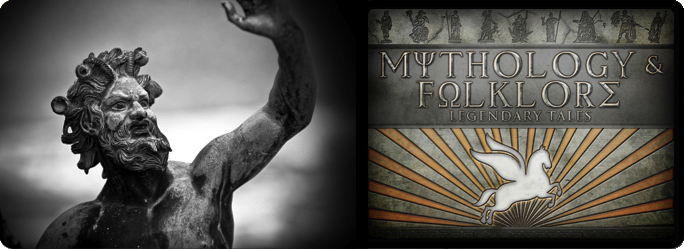
Mythology & Folklore (Credit: 1.00)Mighty heroes. Angry gods and goddesses. Cunning animals. Since the first people gathered around fires, mythology and folklore has been used as a way to make sense of humankind and our world. Beginning with an overview of mythology and different kinds of folklore, students will journey with ancient heroes as they slay dragons and outwit gods, follow fearless warrior women into battle, and watch as clever monsters outwit those stronger than themselves. They will explore the universality and social significance of myths and folklore, and see how these are still used to shape society today.
Peer Counseling (Credit: 1.00)Helping people achieve their goals is one part of the most rewarding of human experiences. Peer counselors help individuals reach their goals by offering them support, encouragement, and resource information. This course explains the role of a peer counselor, teaches the observation, listening, and emphatic communication skills that counselors need, and provides basic training in conflict resolution, and group leadership. Not only will this course prepare you for working as peer counselor, but the skills taught will enhance your ability to communicate effectively in your personal and work relationships.

Personal & Family Finance (Credit: 1.00)How do our personal financial habits affect our financial future? How can we make smart decisions with our money in the areas of saving, spending, and investing? This course introduces students to basic financial habits such as setting financial goals, budgeting, and creating financial plans. Students will learn more about topics such as taxation, financial institutions, credit, and money management. The course also addresses how occupations and educational choices can influence personal financial planning, and how individuals can protect themselves from identity theft.
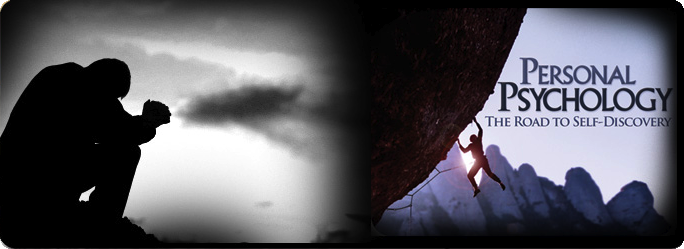
Personal Psychology I: The Road to Self Discovery (Credit: 1.00)Self-knowledge is the key to self-improvement! More than 800,000 high school students take psychology classes each year. Among the different reasons, there is usually the common theme of self discovery! Sample topics include the study of infancy, childhood, adolescence, perception and states of consciousness. Amazing online psychology experiments dealing with our own personal behavior are featured within this course.

Personal Psychology II: Living in a Complex World (Credit: 1.00)Enrich the quality of your life by learning to understand the actions of others! Topics include the study of memory, intelligence, emotion, health, stress and personality. This courses features exciting online psychology experiments involving the world around us.
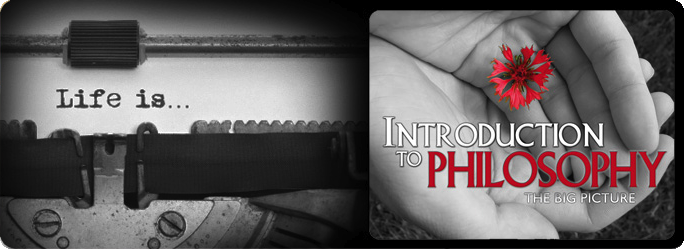
Philosophy: The Big Picture (Credit: 1.00)This course will take you on an exciting adventure that covers more than 2,500 years of history! Along the way, you'll run into some very strange characters. For example, you'll read about a man who hung out on street corners, barefoot and dirty, pestering everyone he met with questions. You'll learn about another eccentric who climbed inside a stove to think about whether he existed. Despite their odd behavior, these and other philosophers of the Western world are among the most brilliant and influential thinkers of all time. As you learn about these great thinkers, you'll come to see how and where many of the most fundamental ideas of Western Civilization originated. You'll also get a chance to ask yourself some of the same questions these great thinkers pondered. By the time you've "closed the book" on this course, you will better understand yourself and the world around you-from atoms to outer space-and everything in between.
Psychology (Credit: 0.50)Through this highly interactive course students will acquire
an understanding of and an appreciation for human behavior,
behavior interaction, and the progressive development
of individuals.
Reading for College Success (Credit: 0.50)This course will provide students with the necessary tools to become successful in both their academics and in the work place. Reading is a vital skill to effectively take notes and summarize the main idea and fact from opinion. This course will empower students to achieve their goals in higher education and in the career of their choosing. Please note: This course is intended for 12th graders whose college placement scores are below the established cut score indicating that they are not "college-ready" in Reading (CPT, below 83; SAT, below 440; ACT, below 18).
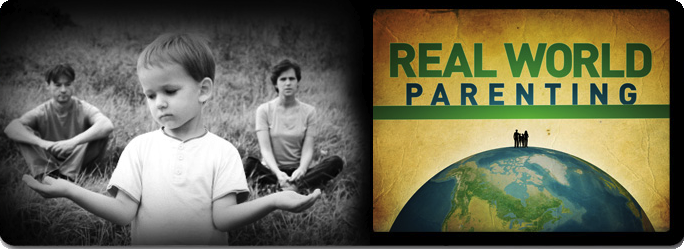
Real World Parenting (Credit: 1.00)What is the best way to care for children and teach them self-confidence and a sense of responsibility? Parenting involves more than having a child and providing food and shelter. Learn what to prepare for, what to expect, and what vital steps parents can take to create the best environment for their children. Parenting roles and responsibilities, nurturing and protective environments for children, positive parenting strategies, and effective communication in parent/child relationships are some of the topics covered in this course.
Social Media (Credit: 0.50)This course won’t teach you how to use Facebook, the proper
way to use a hashtag, or how to get more Instagramâ„¢
followers. (We trust that you’re an expert on all those things
already.) What this course will teach you is that the world of
social media revolves around you—your actions, your
decisions, and your interests. You will examine how social
media has evolved. You will understand how you can find
authenticity and truth within an online world where you can
“be†anyone. And you will learn how your digital footprint
makes a bigger impression than your physical one. You will also
discover that your voice is important. You’re not only a
reader—you’re a writer. You don’t just follow the news—you
report it as a citizen journalist. And you don’t just gather
information—you crowdsource it. The future of Social Media is
yours to define… so how will you use it to make a difference?
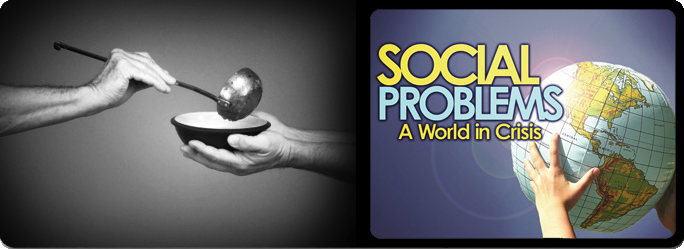
Social Problems I: A World in Crisis (Credit: 1.00)Students will become aware of the challenges faced by social groups, as well as learn about the complex relationship among societies, governments and the individual. Each unit is focused on a particular area of concern, often within a global context. Possible solutions at both the structural level as well as that of the individual will be examined. Students will not only learn more about how social problems affect them personally, but begin to develop the skills necessary to help make a difference in their own lives and communities, not to mention globally.
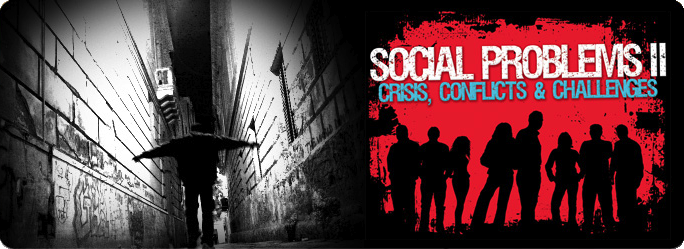
Social Problems II: Crisis, Conflicts & Challenges (Credit: 1.00)The Social Problems II course continues to examine timely social issues affecting individuals and societies around the globe. Students learn about the overall structure of the social problem as well as how it impacts their lives. Each unit focuses on a particular social problem, including racial discrimination, drug abuse, the loss of community, and urban sprawl, and discusses possible solutions at both individual and structural levels. For each issue, students examine the connections in the global arena involving societies, governments and the individual.
Thinking and Learning Strategies (Credit: 0.50)In this course, through reading, writing, and math activities, students will develop critical thinking skills and test-taking strategies. Students will also gain reading, writing, organization, and study strategies.
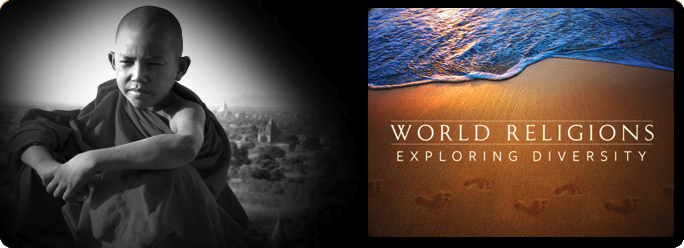
World Religions: Exploring Diversity (Credit: 1.00)Throughout the ages, religions from around the world have shaped the political, social, and cultural aspects of societies. This course focuses on the major religions that have played a role in human history, including Buddhism, Christianity, Confucianism, Hinduism, Islam, Judaism, Shintoism, and Taosim. Students will trace the major developments in these religions and explore their relationships with social institutions and culture. The course will also discuss some of the similarities and differences among the major religions and examine the connections and influences they have.
|

|
|